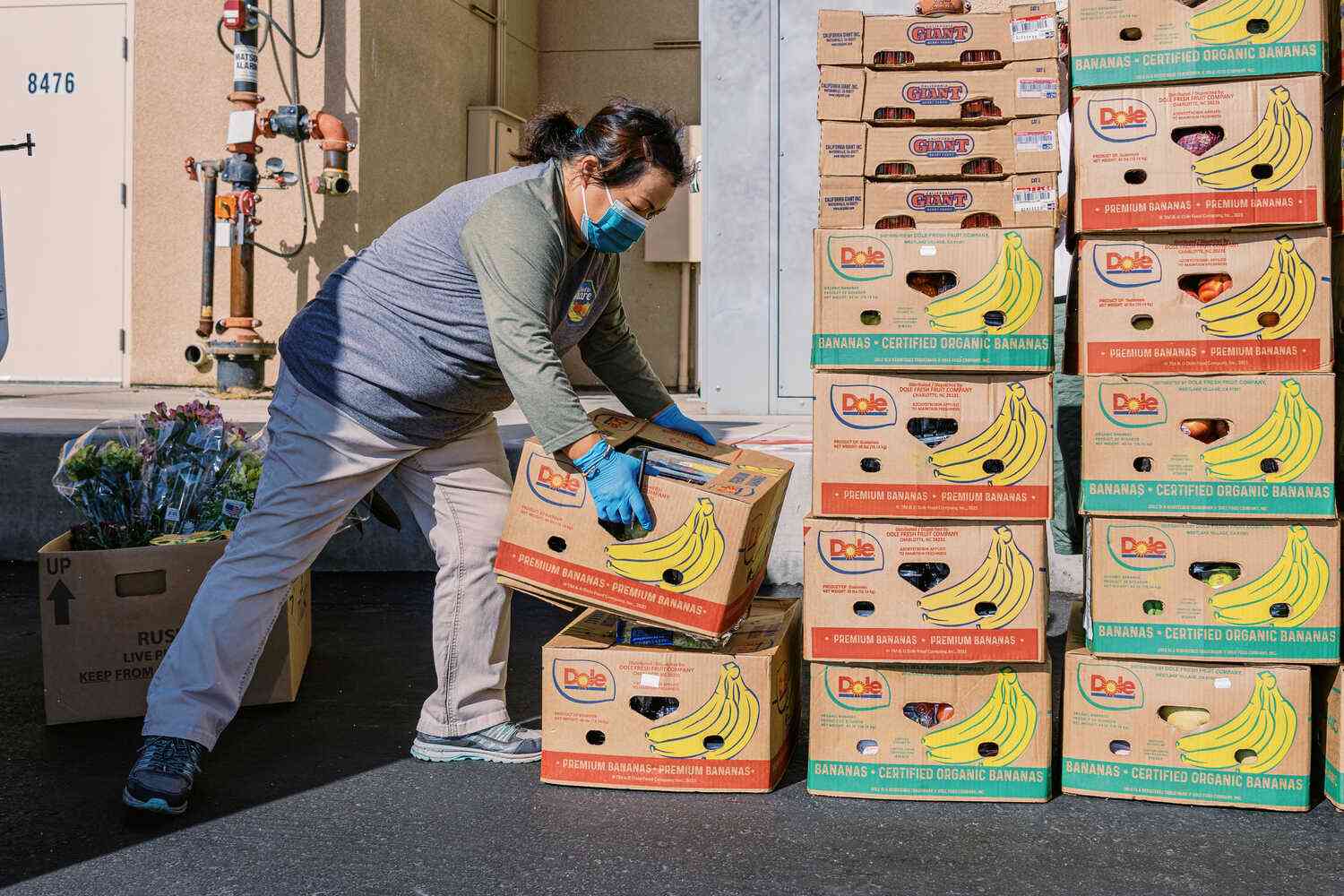Inside the Global Effort to Keep Perfectly Good Food Out of the Dump
As people continue to push back against big food companies and the companies that supply them with ingredients and other resources, food activists are pushing back in their turn.
Photo: Getty
Last year, for example, a group of activists in California and Washington State filed a lawsuit accusing big food companies of shipping food waste that went uneaten as it was transported to landfills. They claimed the companies had ignored the law that requires them to take reasonable steps to reduce food waste. The lawsuit charged the biggest food companies, including Heinz, General Mills, Nestlé, Mars, Quaker Oats, Kellogg, Kraft, and Starbucks, with shipping food to landfills that was not good enough to be sold.
The case was initially dismissed without prejudice. It is now back under discussion.
Such cases highlight the global fight to keep perfectly good food, whether it be meat, milk, or produce, from going to landfill. And they show how large-scale corporate agriculture can have very public, potentially costly, consequences. The same companies that are often criticized for their destructive work in the global food system can also be targets of environmental and public health advocates and the press.
The cases in California and Washington State have been filed because regulators failed to enforce laws that restrict the disposal of food waste. But the same failures exist in many places: governments are too weak, and sometimes complicit, to enforce the regulations on food waste that they claim to have in mind.
“It’s a very difficult problem,” said David Callahan, the executive director of the National Academy of Public Health at the University of Maryland in a press briefing.
“Regulations can be too vague for individuals to understand what is appropriate.”
Callahan is a public health expert. His work focuses on food safety and the quality of food consumed by the public overall, as well as the health and environmental consequences of eating food produced by industrial facilities.
The fact is, he said, that food waste is a bigger problem now than it was when the public began to complain in







